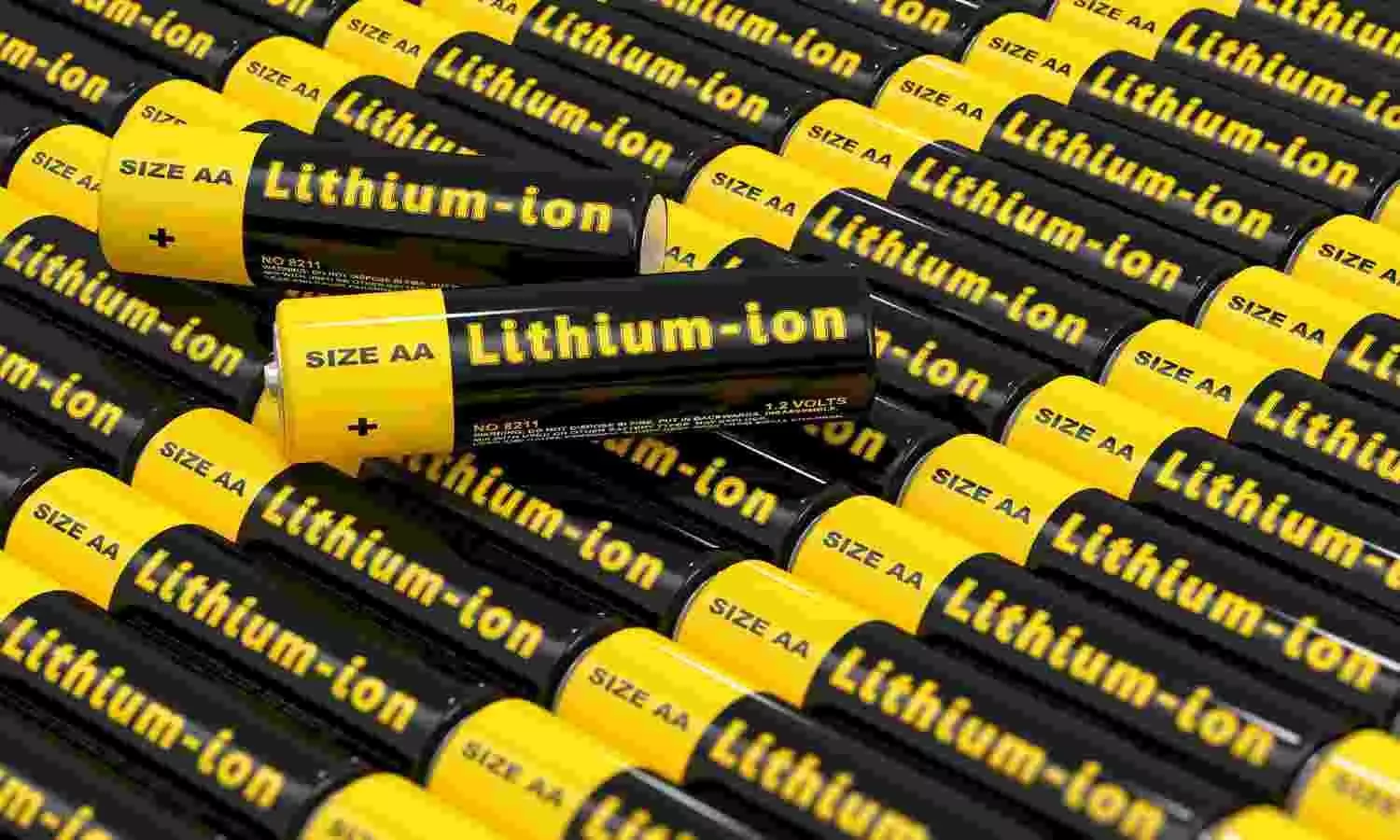Government support needed for safe lithium batteries transport
To assure the safety of various items delivered by air, comprehensive standards that are widely applied are required

IATA has long supported countries to strengthen enforcement of lithium battery transport safety regulations
The International Air Transport Association (IATA) urged nations to adopt and implement worldwide standards for screening, fire testing, and incident information sharing to further assist the safe carrying of lithium batteries.
To assure the safety of various items delivered by air, comprehensive standards that are widely applied are required. The difficulty is the fast rise in worldwide demand for lithium batteries (the industry is developing at a rate of 30% per year), which is bringing many new shippers into air cargo supply chains. One emerging major risk, for example, is cases of undeclared or mis-declared shipments.
IATA has long supported countries to strengthen enforcement of lithium battery transport safety regulations. Rogue shippers should face harsher penalties, and flagrant or intentional violations should be criminalised. IATA has requested that countries strengthen these initiatives with further measures:
Development of safety-related screening standards and processes for lithium batteries
Governments developing particular standards and methods to support the safe shipping of lithium batteries, similar to those that exist for air cargo security, will assist in creating an efficient process for compliant lithium battery shippers. These standards and methods must be outcome-based and internationally standardised.
Development and implementation of a fire-testing standard that addresses lithium battery fire containment
Governments should adopt a testing standard for lithium battery fires in order to evaluate additional protective measures in addition to the existing cargo compartment fire suppression systems.
Enhance safety data collection and sharing information between governments
Safety data is crucial for successfully identifying and controlling lithium battery dangers. There is limited capacity to understand the effectiveness of any measures without adequate relevant data. Better information sharing and cooperation on lithium battery accidents across governments and business is critical to properly controlling lithium battery hazards.
"Airlines, shippers, manufacturers, and governments all want to ensure the safe transport of lithium batteries by air. It's a joint responsibility. The industry is raising the bar to consistently apply existing standards and share critical information on rogue shippers. But there are some areas where the leadership of governments is critical. Stronger enforcement of existing regulations and the criminalization of abuses will send a strong signal to rogue shippers. And the accelerated development of standards for screening, information exchange, and fire containment will give the industry even more effective tools to work with," said Willie Walsh, IATA's Director General.
These procedures would complement major work by airlines, shippers, and manufacturers to guarantee the safe transport of lithium batteries. Updates to the Dangerous Goods Regulations and the creation of additional instruction material have been among the actions taken. The establishment of a Dangerous Commodities Occurrence Reporting Alert System, which allows airlines to communicate information on incidents involving undeclared or misdeclared dangerous goods. The creation of a Safety Risk Management Framework expressly for the carriage of lithium batteries, as well as the introduction of CEIV Lithium Batteries, to improve the safe handling and transportation of lithium batteries throughout the supply chain.



